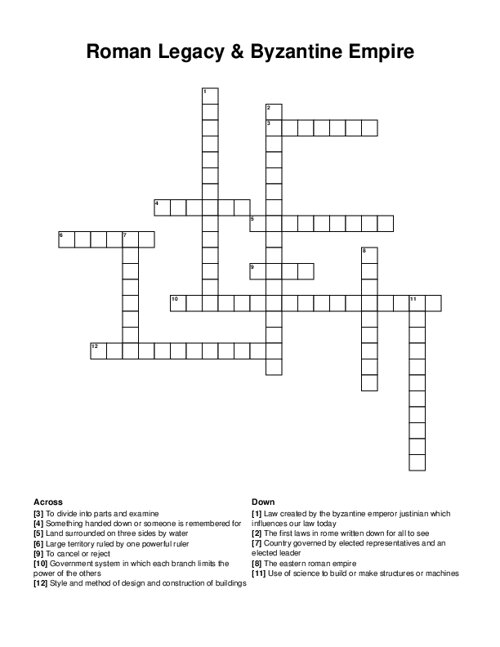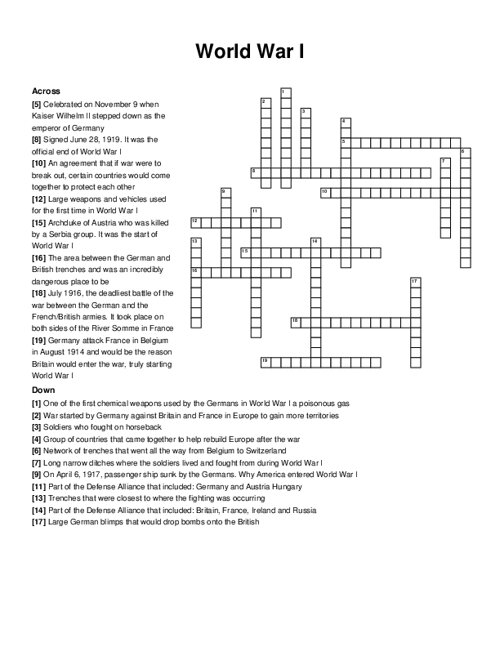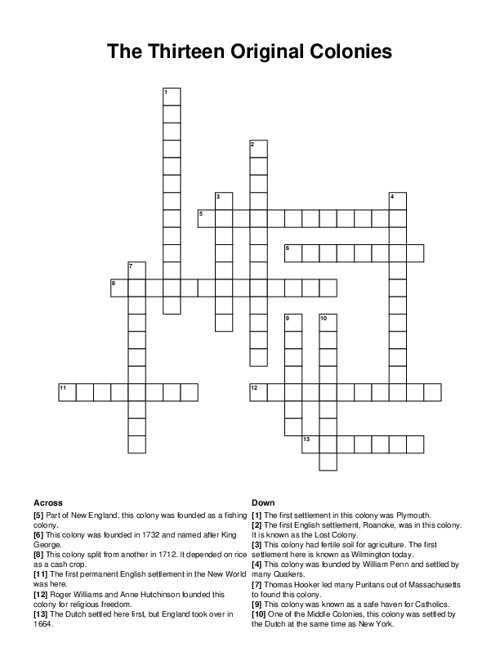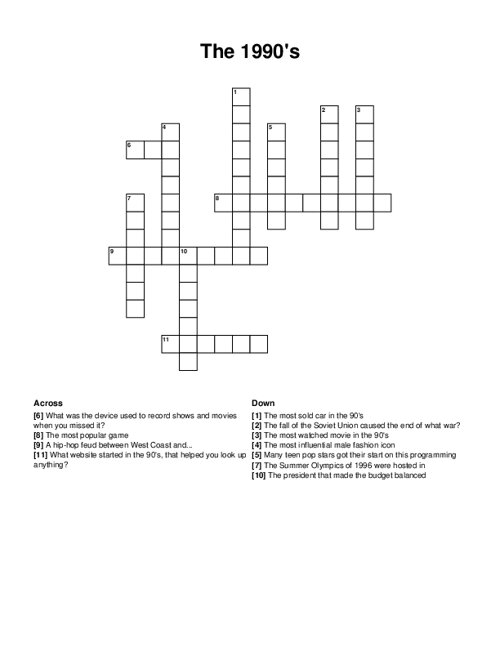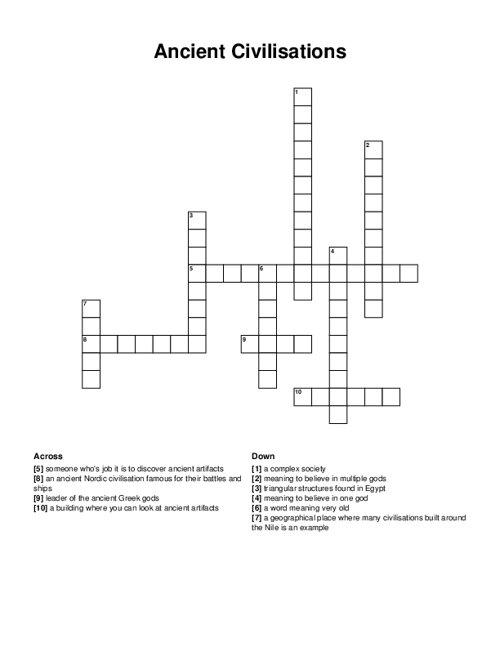South Asia Vocabulary Crossword Puzzle
Download and print this South Asia Vocabulary crossword puzzle.
Related puzzles:
QUESTIONS LIST:
- polytheism : the belief in many gods.
- nomad : a member of a people or tribe that has no permanent home but moves from place to place, usually seasonally, following a traditional route, according to the state of pasture or food supply.
- theocracy : a form of government in which a religious institution is the source from which all authority comes.
- ganges river : a river which flows through the nations of india and bangladesh. it is considered a sacred river by those who follow the hindu religion.
- fertile crescent : a region in the middle east, shaped like a quarter moon, found in modern-day iraq, israel, palestinian territories, syria, lebanon, egypt, and jordan as well as the southeastern fringe of turkey and the western fringes of iran. it is often referred to as the cradle of civilization.
- bedouin : a group of nomadic arab people who have historically inhabited the desert regions in north africa, the arabian peninsula, iraq, and syria.
- monarch : a person who reigns over a kingdom or empire.
- muhammad : the founder of the islam religion.
- famine : severe and prolonged hunger in a large proportion of the population of a region or country, resulting in widespread malnutrition and death by starvation and disease.
- kurds : an islamic people speaking kurdish and dwelling chiefly in kurdistan, a mountainous region in the middle east.
- ottoman empire : one of the mightiest and longest-lasting dynasties in world history. this islamic-run superpower ruled large areas of the middle east, eastern europe and north africa for more than 600 years.
- monotheism : the belief in the existence of only one god that created the world, is all-powerful and intervenes in the world.
- cuneiform : an early system of writing first developed by the ancient sumerians of mesopotamia about 3500-3000 bce.

